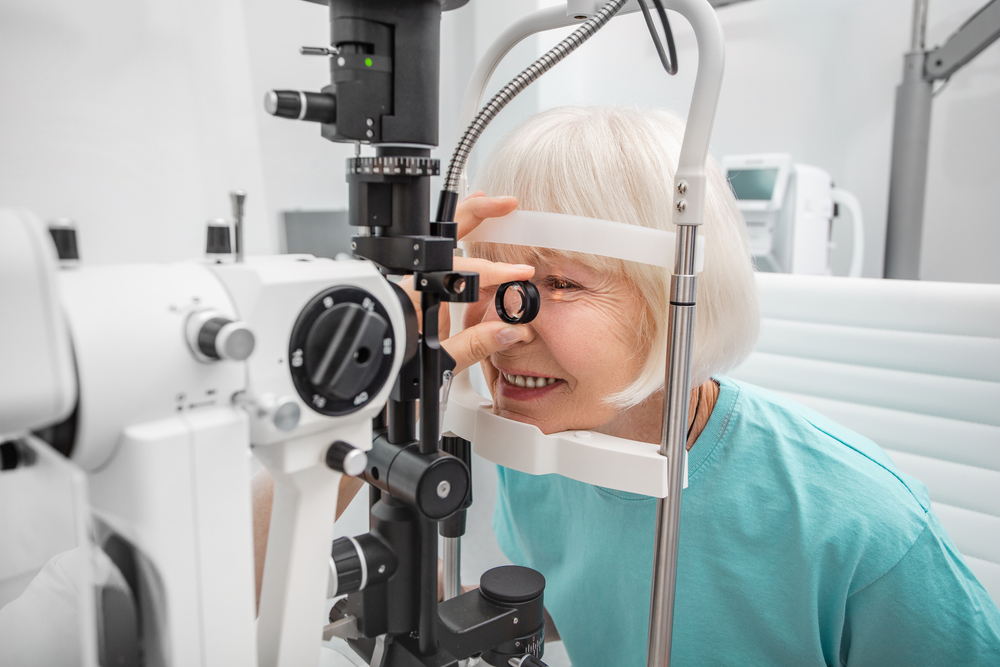
Recognizing the early signs of cataracts is crucial for slowing their progression. Initial symptoms may be subtle and may not noticeably affect vision. You might experience blurred or hazy vision, difficulty seeing at night, light sensitivity, needing brighter light for reading, seeing "halos" around lights, or experiencing frequent changes in eyeglass prescription.
As cataracts progress, the symptoms become more pronounced. Vision may become blurry or dim, colors may seem faded, and it may be difficult to read or perform other routine activities. Additionally, you may notice a painless clouding of the visual field as the cataracts develop.
The Importance of Regular Eye Examinations
Regular eye examinations are essential for maintaining good eye health. They allow for early detection of eye conditions such as cataracts, making it possible to take steps to slow cataract progression before they significantly impact vision.
During an eye exam, your eye doctor will perform several tests to assess your overall eye health. This includes a visual acuity test to measure your sight at various distances, and a dilated eye exam to inspect your retina and optic nerve for signs of damage or disease.
If you are over the age of 40, it is generally recommended to have an eye exam every two to four years. Those over 65 or with a family history of eye disease should have an exam annually.
Preventative Steps to Slow Cataract Progression
Although cataracts are often part of the natural aging process, there are several steps you can take to slow their progression. Protecting your eyes from excessive sunlight by wearing sunglasses and a wide-brimmed hat can help. Research indicates that ultraviolet (UV) light can speed up the development of cataracts, safeguarding your eyes from the sun can reduce your risk.
Quit smoking if you are a smoker. Smoking generates free radicals in the body, which can harm the eye's lens and contribute to the progression of cataracts. It's also essential to manage other health conditions, such as diabetes, as these can accelerate the development of cataracts.
Regular exercise and maintaining a healthy weight contribute to overall health and, in turn, eye health.
Limiting alcohol consumption is also advisable. Excessive drinking can lead to numerous health problems, including an increased risk of cataracts. Strive to keep your alcohol intake within the recommended limits.
Finally, maintaining good eye health involves eating a balanced diet rich in fruits and vegetables. These foods contain antioxidants, which can help to protect your eyes from damage.
Take Proactive Measures to Protect Your Vision Today
Cataracts are a common eye condition, often related to aging, that can significantly impact vision if left untreated. By taking a proactive approach to eye health, we can slow the progression of cataracts and maintain good vision for as long as possible.
For more preventative steps to slow the progression of cataracts, visit Cobb Corner Eye Care at our office in Stoughton, Massachusetts. Call (781) 344-3335 to schedule an appointment today.








